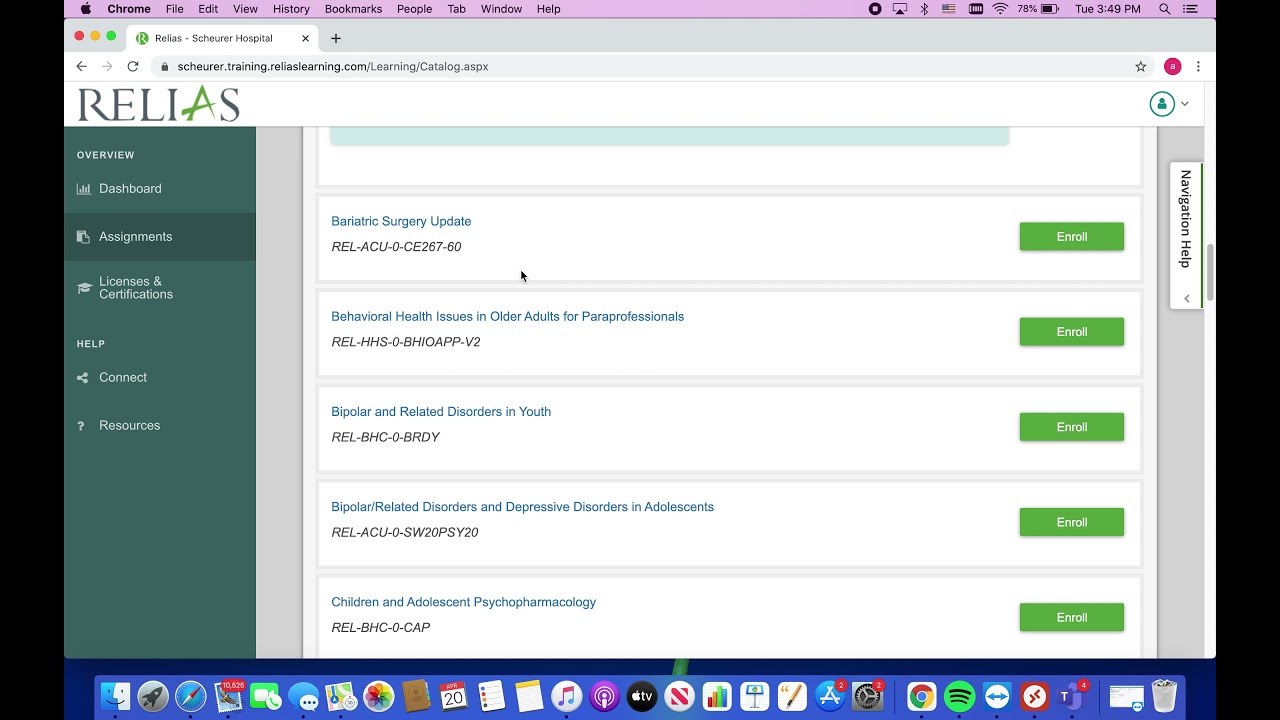Medilodge Relias Learning offers online training to post-acute care, acute care, health and human services, autism and applied behavior analysis, public safety, payers, schools, and intellectual and developmental disabilities organizations. It’s our mission to measurably improve the lives of the most vulnerable members of society and those who care for them.
Implementing Proper Transitions of Care to Prevent Rehospitalization. In the post-acute care continuum, individuals may utilize multiple types of providers, including individual healthcare providers and healthcare organizations, during the course of an acute illness or chronic disease. Failure to meet the individual’s needs during a transition have a myriad of effects on the individual’s health www.medilodge.training.reliaslearning.com.
MediLodge relias learning post-acute care centers provide skilled nursing care and short term rehabilitation services for when you are not yet able to be independent, so that you can get back to doing the things you love with the people you love.
While a physician will supervise your care, other trained health professionals will be helping you grow stronger:
- Registered nurses will provide wound care, give you the correct medications, and help monitor other medical problems around the clock.
- Physical therapists will teach you how to make your muscles stronger, climb steps, get up and sit down from a chair,toilet, or bed.
- Occupational therapists will teach you the skills you need to perform everyday tasks at home.
- Speech and language therapists will evaluate and treat problems with swallowing, speaking, and understanding.
Some advantages and disadvantages of online training
The generalization of new tools, which facilitates and promotes fluent communication and interaction between students and teachers, has eliminated an important barrier that prevented many students from opting for online training. It implies greater flexibility to attend to its studies and does not oblige to make displacements in general, the principal condition that motivates a student to opt for the face-to-face teaching or on line is its availability and geographical situation.
If the student has to attend to other work or personal obligations, in addition to the academics, or it is impossible to move to the locality where the master is given, then prefers the distance modality. This implies greater flexibility to attend to its studies and does not require to carry out displacement. However, education specialists indicate that this should not be the only reason that the balance is tipped by one training or another. Attention must also be paid to the style and pace of study and work required by each of these teaching modalities. Here we offer a brief relation of the advantages and disadvantages of this type of system.
Advantages
- Flexibility: It is not dependent on schedules or spaces, which facilitates the reconciliation of the studies with the working and personal life.
- Collaborative work: high dose of participation and interaction through forums, chat and other tools. Fluent digital communication between students and teachers has eliminated barriers
- Teaching quality: In many cases there are professionals and experts who, due to their professional circumstances, could not attend classroom teaching.
- Interaction with the work: if you work, you can apply immediately the knowledge that is acquired in the professional work.
- Discipline and organization: The online methodology requires a high level of discipline, responsibility and organization, qualities highly valued in the labor market.
- Individualization: The teacher controls at all times the degree of participation of the student and detects their particular needs.
- Fewer expenses: Especially if you are attending a facility in a location other than your residence.
Disadvantages
- Student Loneliness: Students who do not respond to self-discipline and organization of tasks and need support and control in the study are discouraged from this modality. Some students consider the absence of personal contact with teachers or other students as negative.
- Technological knowledge: The student must master the minimum technological skills. Lack of interaction: Many students value negatively the absence of personal contact with teachers or other students.
- Quality of the media: not all institutions that provide online training have the necessary technological tools for an effective process.
- High performance: In many cases, online training requires the student to be more performance-intensive than in-person. The non-attendance of classes obliges to control the progress of the students with the periodic delivery of works and, therefore, a regular dedication to the studies is required.